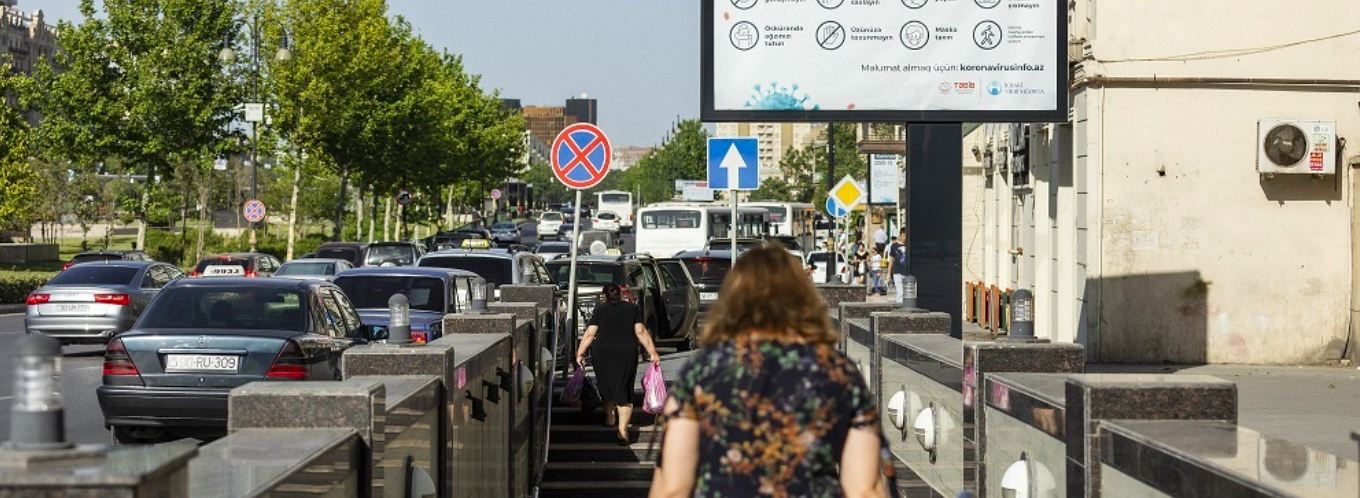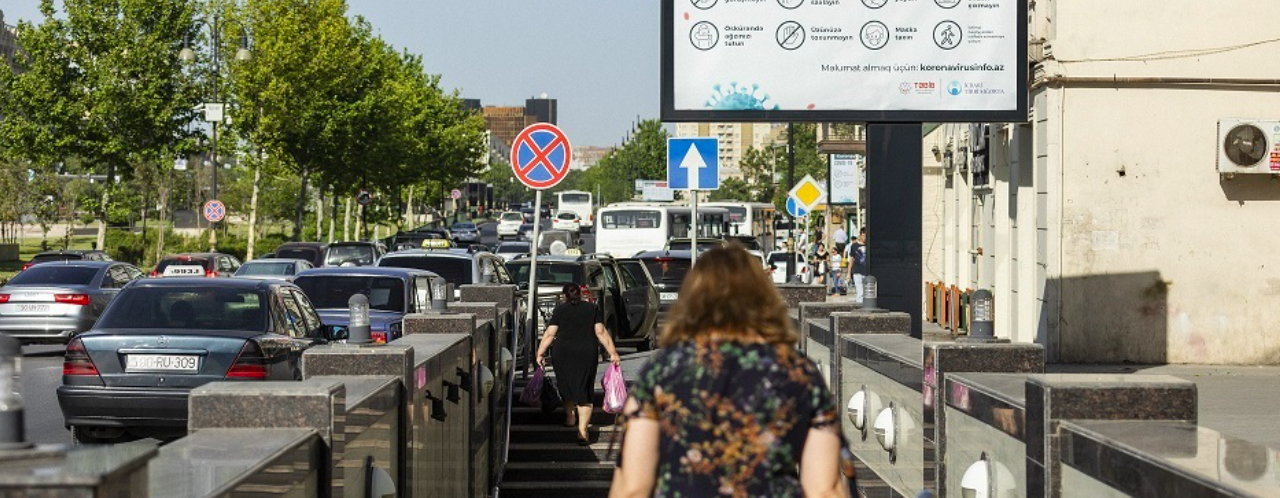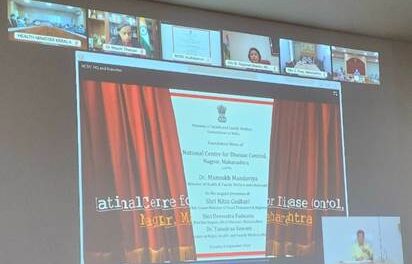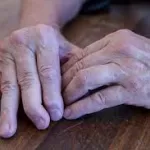Read Time:2 Minute, 20 Second

WHO News release
A compendium of 18 case studies looking at how risk communication and community engagement (RCCE) has been used in the WHO European Region during the COVID-19 pandemic has been published this week. It is the first time the use of RCCE during a health emergency has been documented in such a detailed, practical way in so many diverse settings. Based on interviews with nearly 80 frontline practitioners, it provides a wealth of insights and practical experience on how health authorities can use RCCE to help save lives during emergencies.
Collectively, the case studies highlight how having well-designed RCCE interventions has been a major factor in the successful implementation of a variety of COVID-19 public health measures, from testing, contact tracing and hygiene measures, through to the roll-out of vaccines.
Commenting on the role of RCCE in preparing for and responding to public health emergencies, Gerald Rockenschaub, Regional Emergency Director for WHO/Europe said: “Designing effective RCCE interventions is a highly skilled technical area and can determine the success of the entire health emergency response. Doing it well requires a methodical, evidence-led approach along with skills and experience in RCCE and public health. It is a core cross-cutting capacity within the emergency cycle, needed to facilitate the success of other key response interventions”.
In compiling and reviewing the case studies, RCCE professionals at WHO/Europe were able to pinpoint valuable lessons for the future and share examples of best practice in the Region. These can be used by health authorities and relevant stakeholders to aid their preparedness and response to future health emergencies.
Cristiana Salvi, Regional Advisor for RCCE at WHO/Europe and editor in chief of the compendium, said: “We have all learned the hard way that RCCE is a vital public health intervention at the core of emergency control. However, RCCE has not traditionally been an area where evidence of challenges and solutions is documented. With this compendium, WHO/Europe has collected and shared the evidence from frontline RCCE practitioners during the pandemic to support current and future decision-making”.
The countries and territories featured in the case studies are: Armenia, Azerbaijan, Bosnia and Herzegovina, Bulgaria, Finland, France, Georgia, Ireland, Israel, Kazakhstan, Kyrgyzstan, North Macedonia, Romania, Russian Federation, Sweden, Ukraine, United Kingdom (Scotland) and Kosovo*. The central focus of the compendium is looking at how countries and areas addressed 4 core capacities for effective RCCE:
- Transparency and early announcement
- Coordinating public communication
- Listening through 2-way communication
- Selecting effective channels and trusted key influencers.
Topics relevant since the start of the pandemic, such as speaking in the face of uncertainty, monitoring and managing rumours and misinformation, and the role of civil society organizations in engaging communities take centre stage in several case studies.












